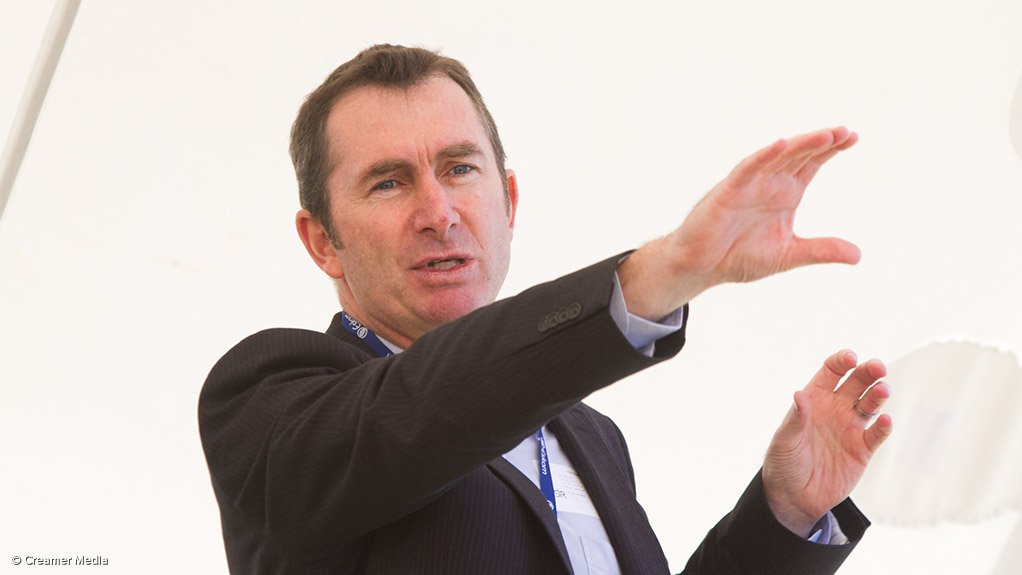A senior Eskom official has made the case for the utility playing a more active role in deployment of large- and small-scale renewable-energy solutions in South Africa, suggesting that previous arguments against its participation in the sector were becoming less relevant.
In fact, Barry MacColl, who is GM for Eskom’s research, testing and consulting business, said on Thursday that the State-owned utility’s very survival would depend on its ability to adapt to changes being brought about in the electricity sector as a result of the rapid growth of renewables, as well as by the increased integration of information and communication technologies, and changing customer preferences.
Speaking at a function hosted by MAC Consulting in Johannesburg, MacColl said that previous arguments against Eskom competing for renewable-energy allocations might still be relevant, but were becoming “old”, particularly in light of its financial difficulties.
“Historically it was argued that our large balance sheet allowed us to borrow money cheaply and, therefore, would give us an unfair advantage if we were allowed to compete in the Renewable Energy Independent Power Producer Procurement Programme (REIPPPP). I don’t think that those arguments apply so much anymore.”
However, while Eskom remained the single buyer of the electricity produced by REIPPPP projects and was also responsible for connecting the projects to the grid, opposition was likely to persist – a position that was accepted by MacColl, who agreed that the current monopoly market structure would eventually have to make way for competition.
“There is a conflict of interest currently . . . so we have to try and create a ‘wires business’ that doesn’t discriminate. And I think the country will eventually go that way.”
But regardless of the structure, Eskom had to find a way to become involved in renewables “in a big way”, or risk being left out of the future electricity market.
“Why can’t Eskom provide rooftop photovoltaic systems? We did electrification, we provided prepaid metres and we put in vending stations. If Eskom wants to have a future in the energy space, which is transforming rapidly . . . I think we should play a role in storage, as well as micro- and large-scale renewables generation.”
EMAIL THIS ARTICLE SAVE THIS ARTICLE
To subscribe email subscriptions@creamermedia.co.za or click here
To advertise email advertising@creamermedia.co.za or click here











